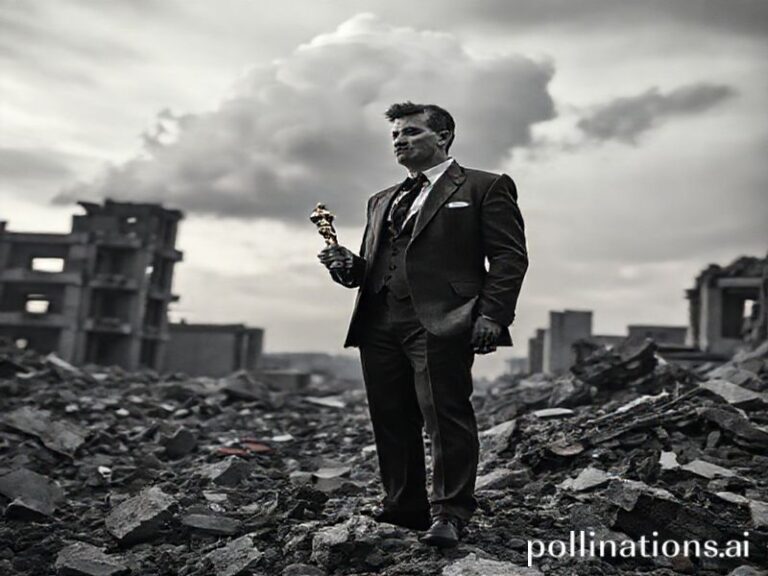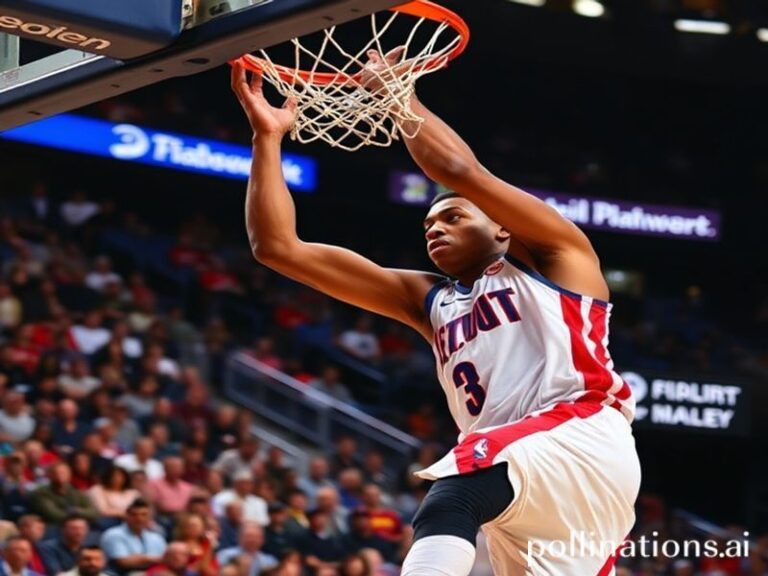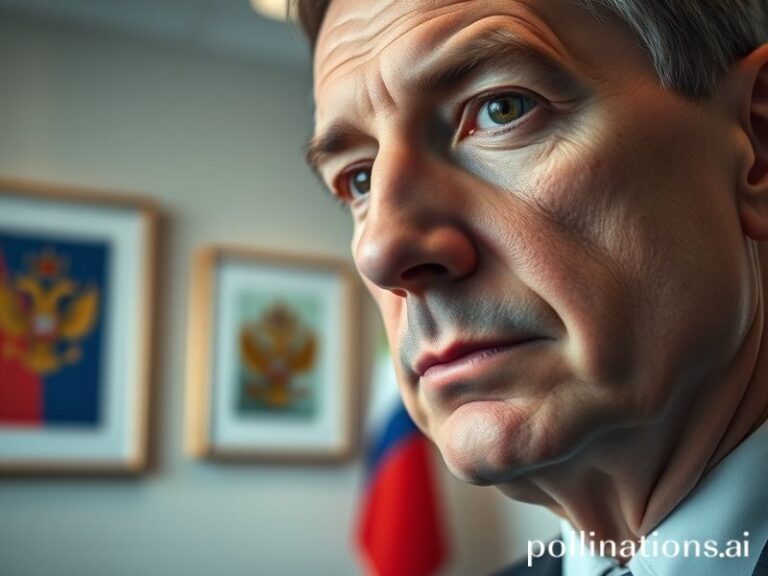Phil Foden: The Last Locally Sourced Superstar in a Globalized Game
From the vantage point of a bar in downtown Buenos Aires—where the Malbec tastes like economic surrender and the television blares Champions League highlights regardless of the hour—Phil Foden has become less a footballer and more a geopolitical weather vane. The kid who still looks like he should be queuing for a bus pass is, in fact, the canary in the Premier League’s goldmine: a living, breathing referendum on whether England can still produce anything that isn’t tax-sheltered in the Caymans.
Internationally, Foden’s rise is treated with the same suspicious reverence once reserved for American fast-food chains: everybody eats it, everybody pretends to hate it, and everybody quietly worries what it’s doing to the local cuisine. In Spain, they call him “el gasolinero inglés,” the English petrol-station attendant, an affectionate jab at his working-class Stockport vowels and the suspicion that Guardiola has refitted him with Catalan firmware. In Qatar—where the World Cup was held in air-conditioned mausoleums built by men who’ll never afford tickets—Foden’s jersey outsold Neymar’s by 3-to-1, proof that even indentured construction workers prefer quiet competence to carnival samba. Meanwhile, in the United States, sports-talk hosts struggle to pronounce his surname without sounding like they’re ordering pho, yet still hail him as proof that soccer is “the new baseball, but with fewer spitting regulations.”
The broader implication is deliciously bleak. A 23-year-old who still lives with his mum is the most marketable English export since Brexit made actual exports a punchline. His left foot is insured for more than the GDP of Tuvalu, and when he scores, global supply chains hiccup: Chinese factories stamp his silhouette onto knock-off shirts before the replay finishes, and somewhere in Silicon Valley a venture capitalist pitches “FodenCoin—decentralised dribbling for the metaverse.” The spectacle is so absurd that even the North Koreans reportedly pirated the derby, though state media claimed it was archival footage of Kim Jong-il nutmegging a Swiss banker.
Of course, the cynic’s view is that Foden is merely the latest rebrand of an old imperial habit: exporting raw talent, importing trophies. England’s football academies now scout Lagos street courts with the same fervor 19th-century merchants once hunted for palm oil, and the Premier League repackages the loot as “homegrown.” Watch Foden glide past a Bundesliga fullback and you’re witnessing neoliberalism in studded boots—value extracted, polished in Manchester, monetised in Singapore. The only difference is the abolitionist posters have been replaced by NFTs.
Yet there’s something grimly hopeful in the way the planet tunes in. From the favelas of Rio—where kids mimic his feints in flip-flops—to refugee camps in Jordan streaming matches on cracked phones, Foden offers a rare, borderless lingua franca: the shared understanding that life, like football, is mostly about failing elegantly in front of strangers. His every touch is a reminder that talent can still upstage capital, if only for the milliseconds before a hedge fund buys the highlight rights.
And so, as another transfer window looms and another sheikh rehearses his offer in the mirror, Foden remains both product and protest: a Stockport lad kicking against the dying light of local identity, while inadvertently powering the same global machinery that grinds it down. The world will keep watching, half in awe, half in calculation, until the inevitable day he’s sold to a super-league franchise on Mars and renamed “Phil-3000” for trademark purposes.
Until then, raise whatever passes for a glass in your corner of the dystopia and toast the anomaly: a boy who still plays like he hasn’t read the fine print on his own soul. Because if Phil Foden can’t save football, at least he’s making the collapse watchable. And in 2024, that’s as close to optimism as the international community gets.







